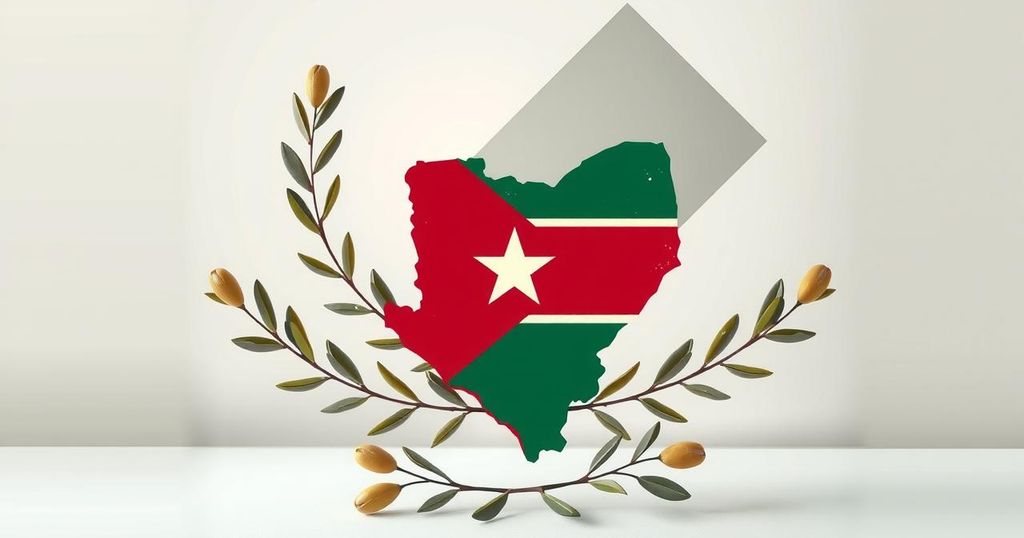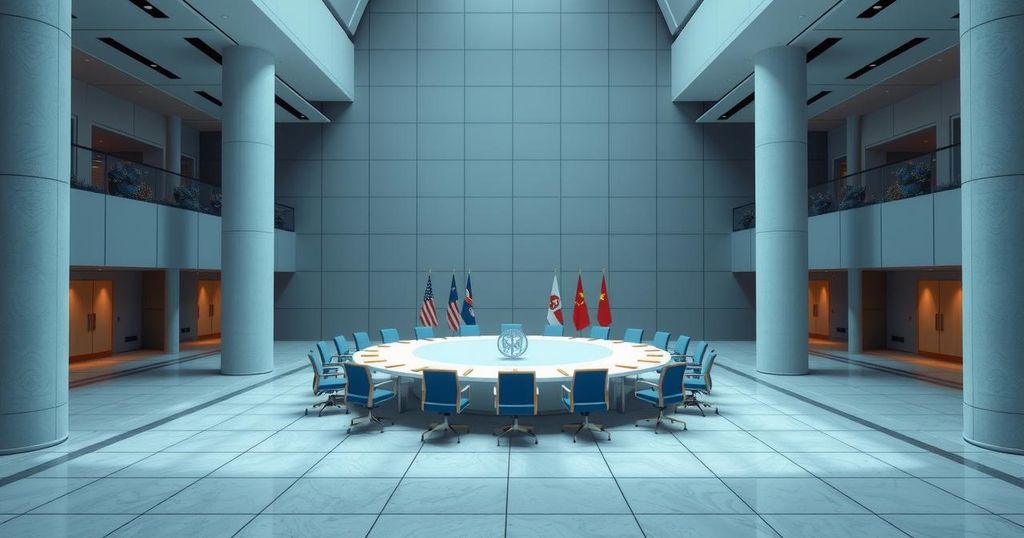Egypt has decisively rejected the formation of a rival government in Sudan, emphasizing the need to preserve the nation’s unity and territorial integrity. The ongoing conflict has led to a grave humanitarian situation. Regional actors, including Saudi Arabia and Kuwait, have expressed similar concerns about the RSF’s actions, which threaten Sudan’s official governance structures.
Egypt firmly rejected attempts to establish a parallel government in Sudan, warning that such initiatives threaten the nation’s unity, sovereignty, and territorial integrity amidst ongoing conflict. Sudan has been embroiled in a struggle between military and paramilitary factions for almost two years, resulting in a humanitarian crisis described by the United Nations as one of the most severe in recent history.
The paramilitary Rapid Support Forces (RSF) recently signed a charter in Kenya, announcing the formation of a “government of peace and unity” for their controlled territories. Egypt’s foreign ministry stated that it opposes any measures that would undermine Sudan’s integrity, asserting that such actions complicate the situation, hinder political unification efforts, and exacerbate the humanitarian catastrophe affecting the country.
Egypt urged all Sudanese factions to prioritize the national interest and actively participate in initiating a thorough political dialogue without exclusion or foreign interference. During a recent press conference, Egyptian Foreign Minister Badr Abdelatty reiterated that Sudan’s territorial integrity is a “red line for Egypt,” denouncing any calls for establishing alternative governance structures outside the official framework.
The RSF’s intentions have faced widespread condemnation, including from UN Secretary-General António Guterres, who warned that these actions would further fragment Sudan. Saudi Arabia, which has facilitated ceasefire discussions, also disapproved of the RSF’s initiative, emphasizing the importance of adhering to legitimate institutional processes. Kuwait and Qatar echoed similar sentiments, affirming their support for Sudan’s unity and territorial integrity.
The United Arab Emirates, accused of supplying weapons to the RSF—a claim it denies—has yet to comment on this recent development.
Egypt’s rejection of calls for a parallel Sudanese government highlights its commitment to Sudan’s sovereignty. The ongoing conflict necessitates unified efforts from all Sudanese factions to address the humanitarian crisis. The collective disapproval from regional powers demonstrates a shared concern for Sudan’s territorial integrity and political stability, urging a return to legitimate governance frameworks.
Original Source: www.hindustantimes.com




